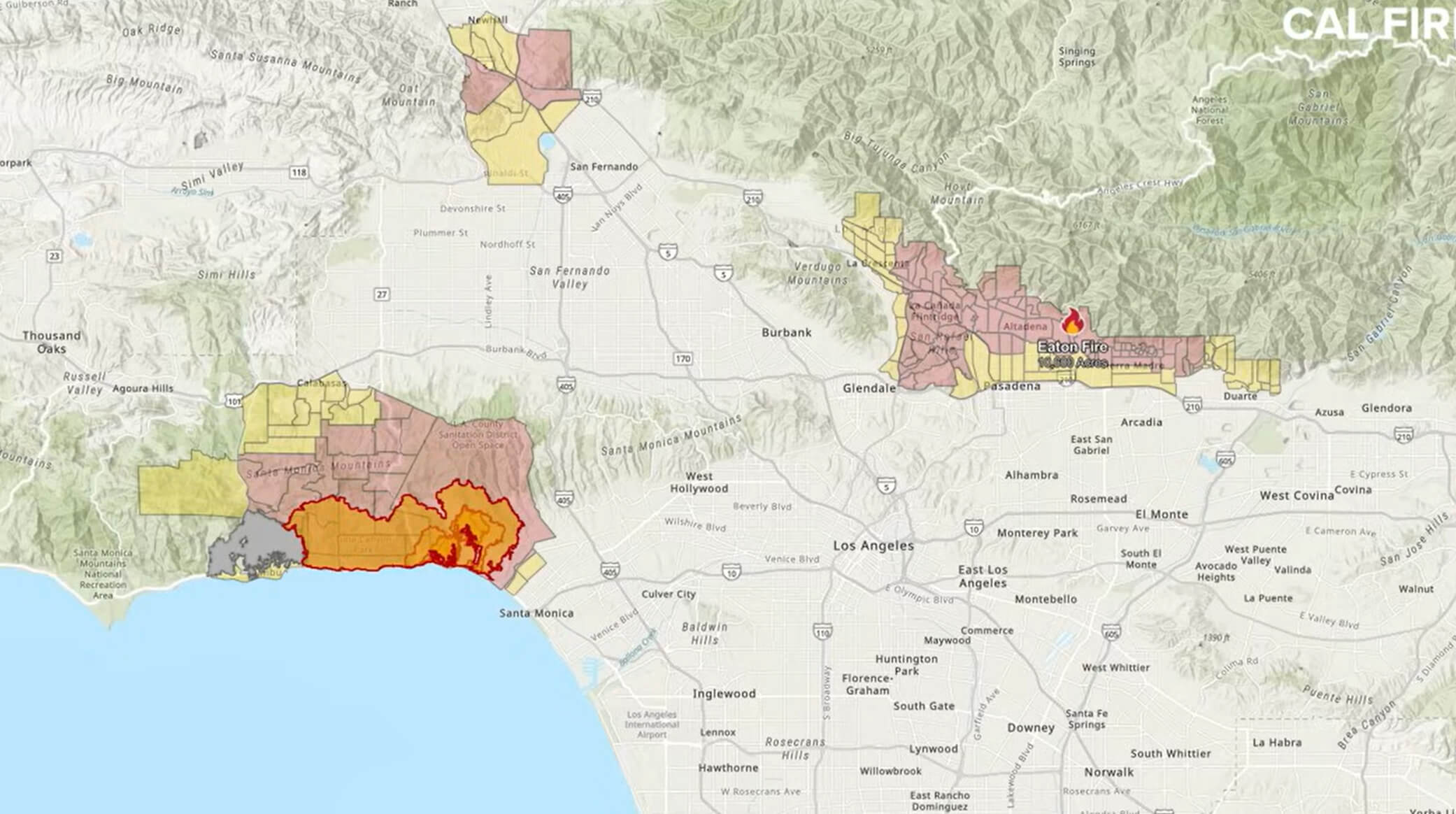Betting On Tragedy: The Case Of The Los Angeles Wildfires

Table of Contents
The Rise of Disaster Betting
The grim reality is that betting on natural disasters, including wildfires, is a growing global trend. The accessibility of online betting platforms, operating often with minimal oversight, fuels this disturbing market. These platforms offer a range of bets related to wildfires, from predicting the area affected by the fire's spread to estimating the total damage cost in dollars. The ease of access and anonymity provided online contribute to this worrying escalation.
- Increased availability of online betting markets: The internet has drastically lowered the barriers to entry for both bettors and operators.
- Anonymity offered by online platforms: Many platforms lack robust identity verification procedures, allowing individuals to bet anonymously and without accountability.
- Lack of stringent regulations in some jurisdictions: The regulatory landscape surrounding online gambling is fragmented, creating loopholes that unscrupulous operators exploit. This lack of uniform international standards allows these markets to thrive. Specific examples include bets on the intensity of the fire (measured by acreage burned), the number of structures destroyed, or even the precise location of the fire's origin.
Ethical Concerns and the Commodification of Suffering
The ethical implications of profiting from the suffering of others are profound. Betting on wildfires transforms human tragedy into a commodity, trivializing the immense loss and suffering experienced by victims and their communities. The psychological impact extends far beyond those directly affected, fostering a climate of desensitization and undermining societal empathy.
- Violation of basic human decency and empathy: The very act of profiting from disaster is a profound moral failing, showing a lack of compassion for human suffering.
- Exploitation of vulnerable populations: Victims are often in a state of shock and distress, making them especially vulnerable to the manipulative practices of those involved in disaster betting.
- Desensitization to human suffering: The normalization of betting on tragedy desensitizes society as a whole, potentially leading to a decline in empathy and collective responsibility. The constant exposure to the monetization of suffering erodes our shared humanity.
Legal Ramifications and Regulatory Challenges
Current gambling laws often struggle to address the unique challenges posed by disaster betting. The transnational nature of online platforms makes enforcement difficult, as they may operate outside the jurisdiction of affected countries. This creates significant hurdles in prosecuting both individuals and the platforms themselves.
- Gaps in existing legislation: Many legal frameworks were designed before the proliferation of online gambling, leaving them ill-equipped to handle this specific form of exploitation.
- Difficulties in prosecuting international operators: Tracing and prosecuting operators based in countries with lax regulations presents a significant challenge for law enforcement.
- Need for stronger international cooperation: Effective regulation requires global cooperation to address the cross-border nature of online gambling and to establish stricter standards.
The Role of Social Media and Misinformation
Social media platforms can unfortunately become breeding grounds for misinformation surrounding wildfires, influencing betting behavior and creating a market for disaster bets. False predictions and rumors spread rapidly, manipulating public perception and driving betting activity.
- Spread of false predictions and rumors: Social media's viral nature amplifies inaccurate information, potentially impacting the odds and influencing the outcomes of bets.
- Use of social media for promoting betting sites: Platforms are used to advertise and promote these morally questionable betting markets to a broad audience.
- Amplification of fear and anxiety: The spread of misinformation can exacerbate fear and anxiety, creating a fertile environment for exploitation by those seeking to profit from disaster.
Addressing the Peril of Betting on Tragedy
The rise of disaster betting, particularly in the context of the Los Angeles wildfires, highlights a disturbing trend. The ethical implications are severe, the legal challenges significant, and the role of social media deeply concerning. Betting on the suffering of others is morally reprehensible and necessitates a concerted effort to combat it. We must remain vigilant, reporting suspicious activities to the appropriate authorities and advocating for stronger regulations to prevent the commodification of human tragedy. The human cost behind this type of gambling is far too high, and we must act to stop it. Let's work together to prevent "betting on tragedy" and protect the vulnerable from further exploitation, especially in the face of devastating natural disasters like wildfires. Report suspicious betting activities and demand stricter regulations to safeguard against this morally bankrupt practice.

Featured Posts
-
 Addressing Canadas Housing Shortage Exploring The Potential Of Modular Construction
May 17, 2025
Addressing Canadas Housing Shortage Exploring The Potential Of Modular Construction
May 17, 2025 -
 Angel Reeses Reebok Endorsement Impact And Influence
May 17, 2025
Angel Reeses Reebok Endorsement Impact And Influence
May 17, 2025 -
 Tam Krwz Awr Ayk Mdah Ka Hyran Kn Waqeh Jwte Pr Pawn
May 17, 2025
Tam Krwz Awr Ayk Mdah Ka Hyran Kn Waqeh Jwte Pr Pawn
May 17, 2025 -
 Chicago Showdown Hailey Van Lith And Angel Reeses Complex Relationship
May 17, 2025
Chicago Showdown Hailey Van Lith And Angel Reeses Complex Relationship
May 17, 2025 -
 Nba News Thibodeau And Bridges Settle Differences Following Comments
May 17, 2025
Nba News Thibodeau And Bridges Settle Differences Following Comments
May 17, 2025
Latest Posts
-
 Ichiro Suzuki His Enduring Influence On Baseball 20 Years Later
May 17, 2025
Ichiro Suzuki His Enduring Influence On Baseball 20 Years Later
May 17, 2025 -
 Two Decades On The Continued Impact Of Seattle Mariners Legend Ichiro Suzuki
May 17, 2025
Two Decades On The Continued Impact Of Seattle Mariners Legend Ichiro Suzuki
May 17, 2025 -
 The Impact Of False Angel Reese Quotes On Social Media
May 17, 2025
The Impact Of False Angel Reese Quotes On Social Media
May 17, 2025 -
 The Lasting Influence Of Ichiro Suzuki A Look Back At Two Decades Of Excellence
May 17, 2025
The Lasting Influence Of Ichiro Suzuki A Look Back At Two Decades Of Excellence
May 17, 2025 -
 First Inning Domination Mariners 14 0 Shutout Of Marlins
May 17, 2025
First Inning Domination Mariners 14 0 Shutout Of Marlins
May 17, 2025
